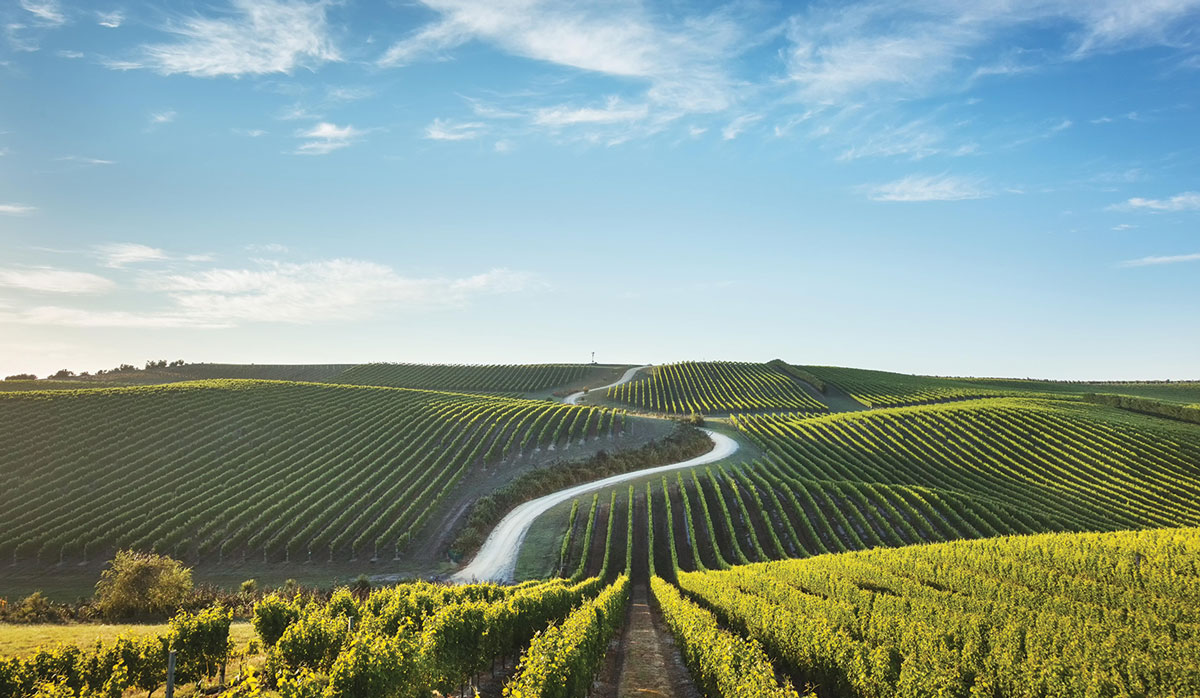Green no more?
OPINION: Your old mate has long dismissed the Greens as wooden bicycle enthusiasts with their heads in the clouds, but it looks like the ‘new Greens’ may actually be hard-nosed pragmatists when it comes to following voters.
Climate change mitigation – upholding our global reputation
New Zealand Wine is highly regarded for its sustainable winegrowing credentials, being the only country in the world to have a unified member programme. Globally, we have built a reputation as a premium cool climate wine producer. With El Niño expected to have a significant impact on 2024 weather conditions (drought to the north-east and possible flooding to the south), it is timely to reaffirm the work New Zealand Winegrowers (NZW) is doing behind the scenes to provide members with tools to help mitigate the impacts of climate change.
In 2020, the New Zealand wine industry announced its goal to be a carbon neutral industry by 2050. To help us reach that target, NZW has partnered with the Energy Efficiency and Conservation Authority (EECA) to develop a Carbon Zero Road Map for the New Zealand wine industry. Work starts immediately, and over the next six months we will be collaborating with members to ensure the plan is tailored to the unique challenges and opportunities that we anticipate facing from 2024 to 2050, and beyond.
In June this year, NZW’s partnership with EECA produced the Emissions Reduction Opportunities review, assessing decarbonisation innovations for the wine industry and we are looking forward to working together on this next project.
Where are we now?
Through Sustainable Winegrowing New Zealand (SWNZ), our members measure and report a large range of emissions associated with the production stage of wine. The emissions data collected through SWNZ covers approximately 80% of the emissions associated with the production of a bottle of wine. At a national level our industry is unique amongst key wine producing countries in being able to make that claim. Vineyard and winery members receive individualised emissions reports annually, which allows them to compare performance against regional benchmarks and inform their strategy for improvements. At a whole of industry level, this is another world first. The recently released National Greenhouse Gas Emissions Report 2022, based on the data gathered through SWNZ, gives us a good indication of where we are now. Estimated greenhouse gas (GHG) emissions, resulting from wine production to the winery door, were 131,768 tonnes CO2e (carbon dioxide equivalent) for the 2022 vintage, equivalent to 258g CO2e per bottle of wine.
We know that these numbers aren’t the full story as SWNZ does not account for emissions associated with wine distribution or the sunk emissions in vineyard and winery infrastructure; but it’s an important start.
A roadmap to the future
It’s clear that we have a long way to go and further guidance is required to help us on our climate change journey. Where do we need to be in the intervening years between now and 2050? What are the best options for our members to reduce their emissions? Who are the partners that can help? And how do we adjust the SWNZ programme to guide and incentivise change?
 |
|---|
|
Yealands |
Consistent with our plan, the Carbon Zero Roadmap will help us take the next step to better enable members to make informed decisions. Furthermore, it will also help us to communicate our intentions and our focus to key stakeholders in New Zealand and overseas and demonstrate our high level of commitment to the future, reducing emissions as much as possible and as fast as possible.
If you are particularly interested in sustainability and climate change, and want to be involved in the Roadmap journey, please get in touch.
Dr Edwin Massey is NZW General Manager Sustainability, This email address is being protected from spambots. You need JavaScript enabled to view it.

Trade is important to our industry, whether it’s because 90% of our wine sales are in international markets, because of…

The end of the year is fast approaching, so here are some thoughts on a few of the significant developments…
Jimmy Stewart is quite literally chipping away at circularity.
A Wine Marlborough Lifetime Achievement Award is “very premature”, say Kevin and Kimberley Judd, nearly 43 years after they came…
Wine tourism has evolved into a sophisticated, diverse and resilient part of the New Zealand wine sector's economy. Emma Jenkins MW talks…